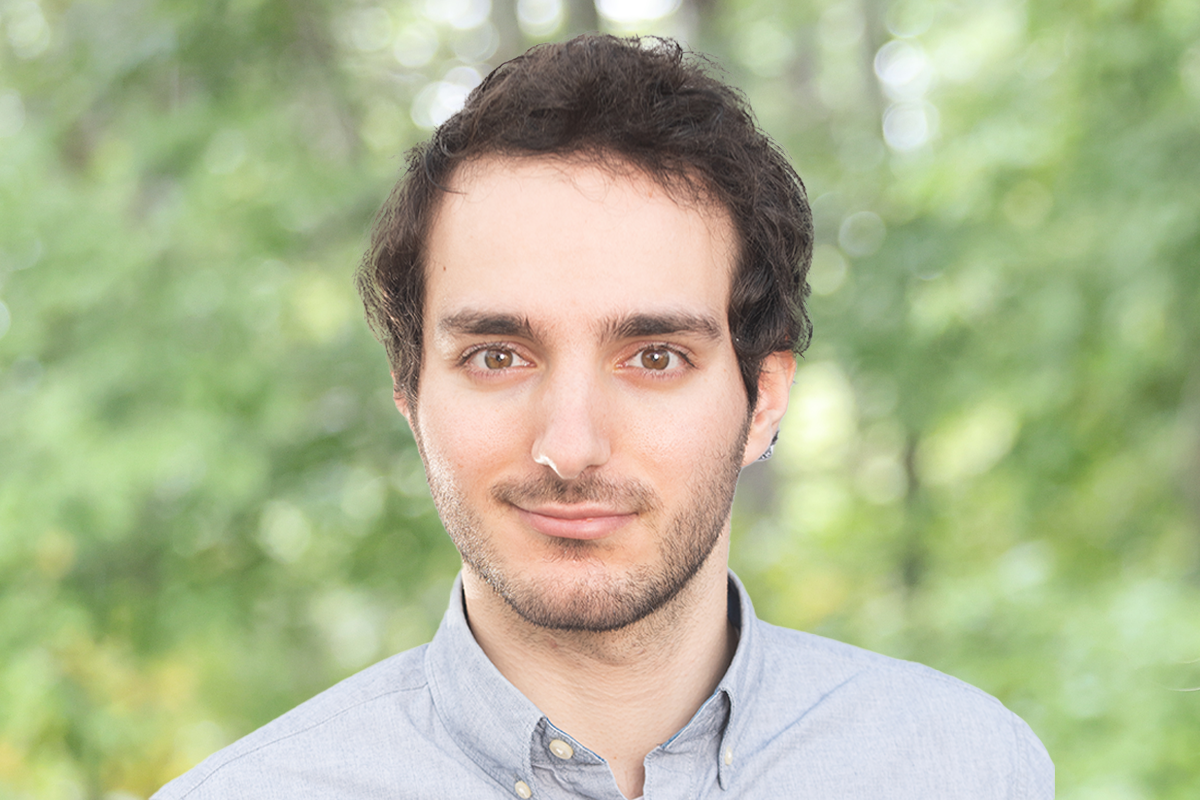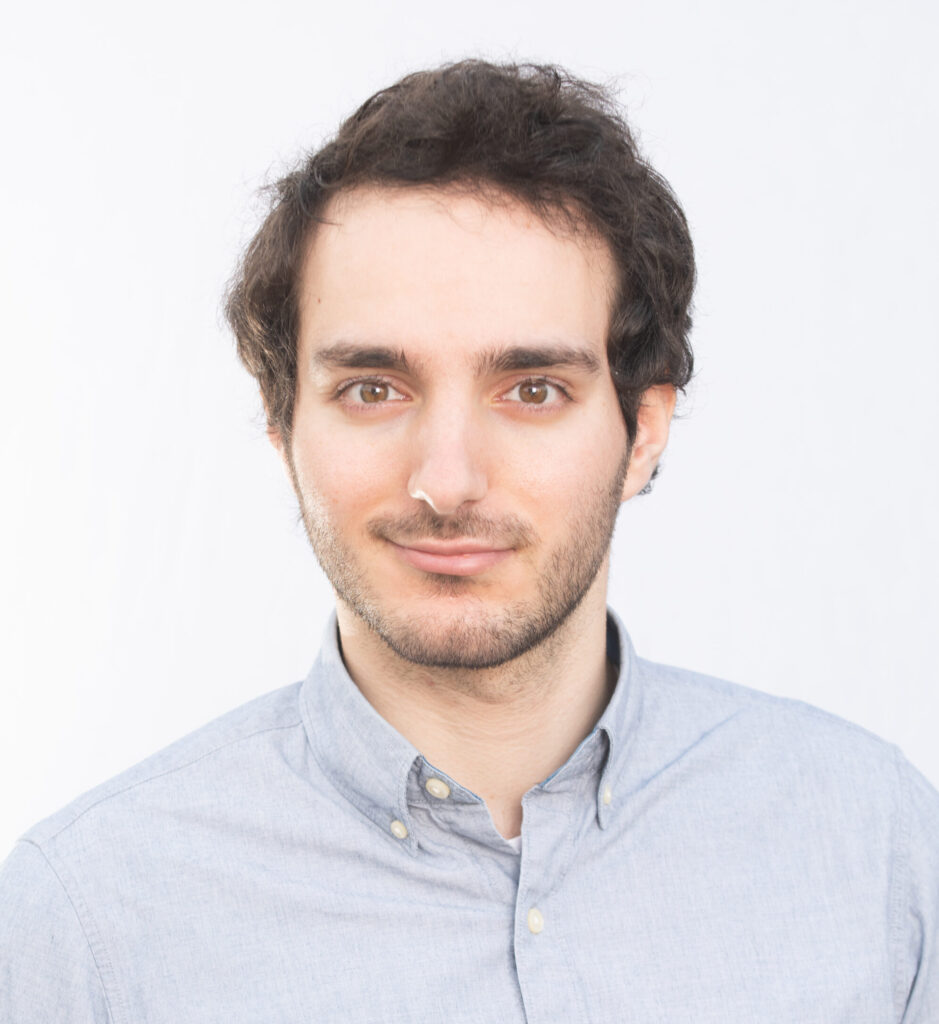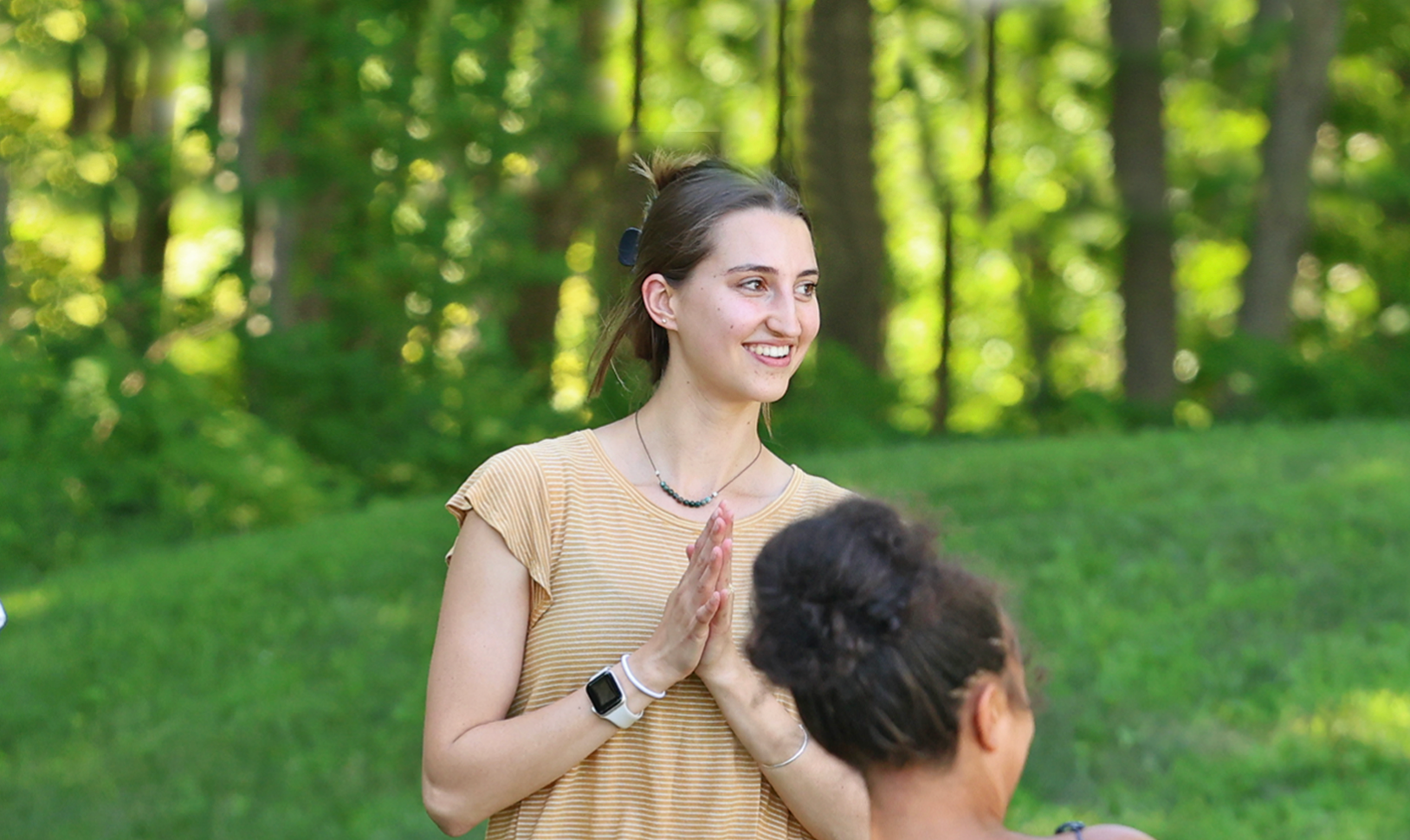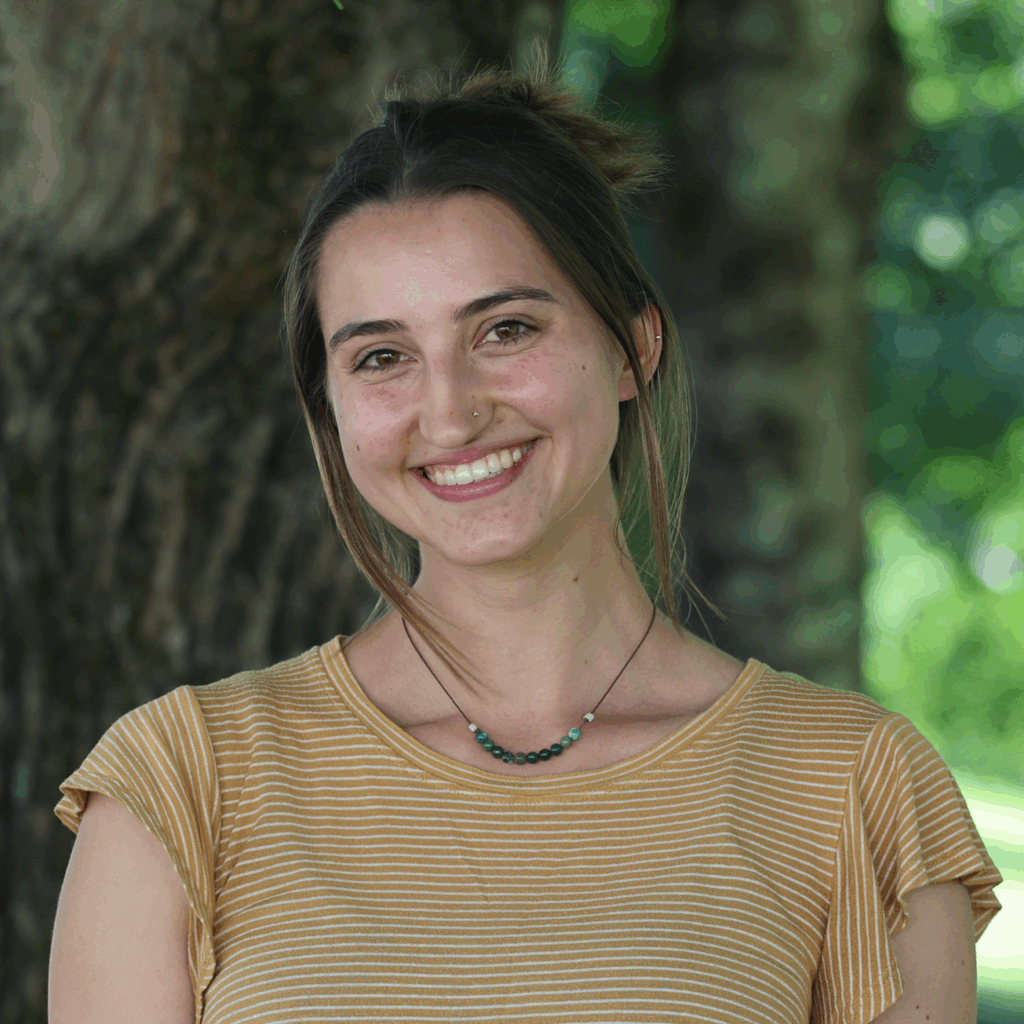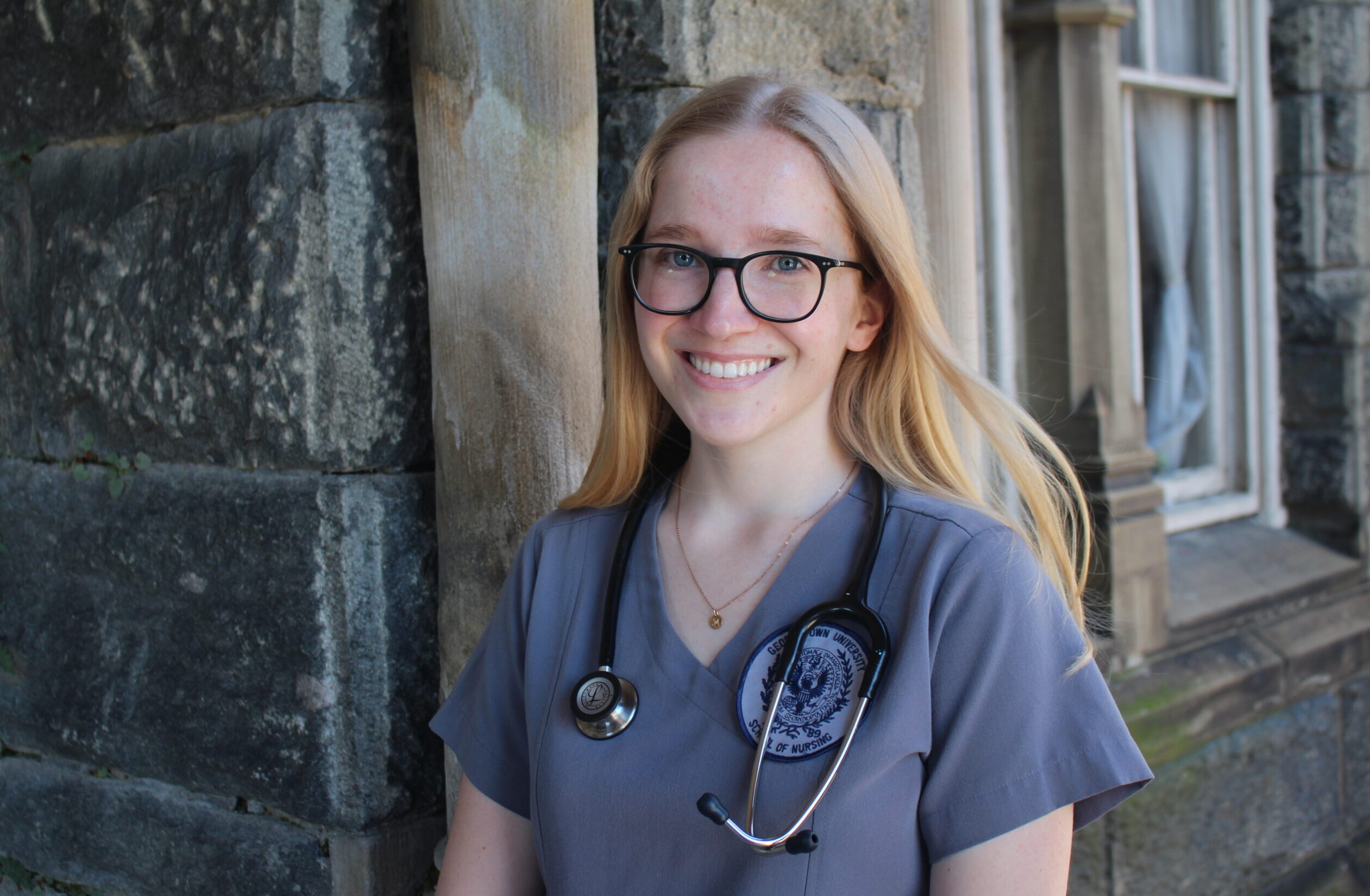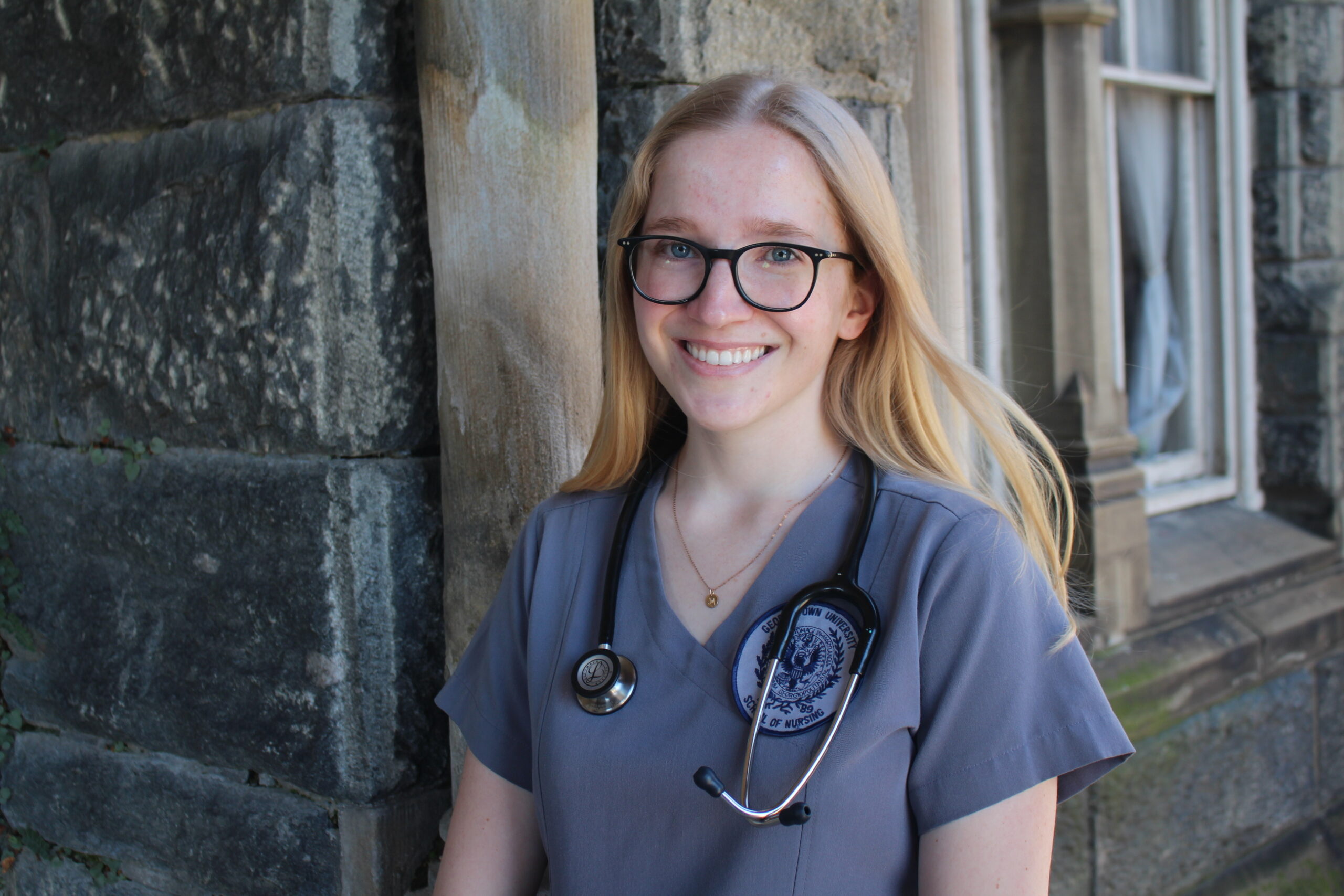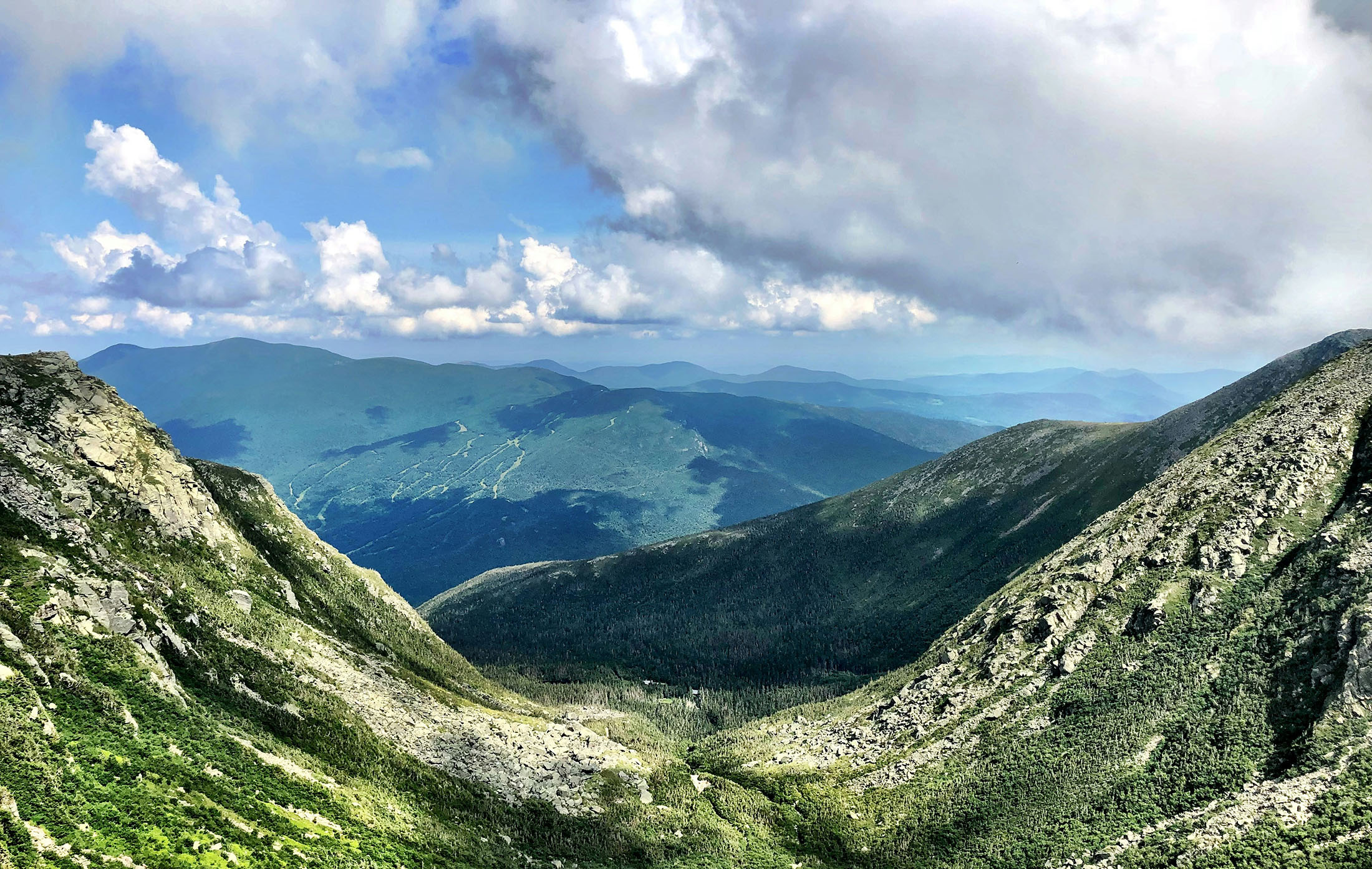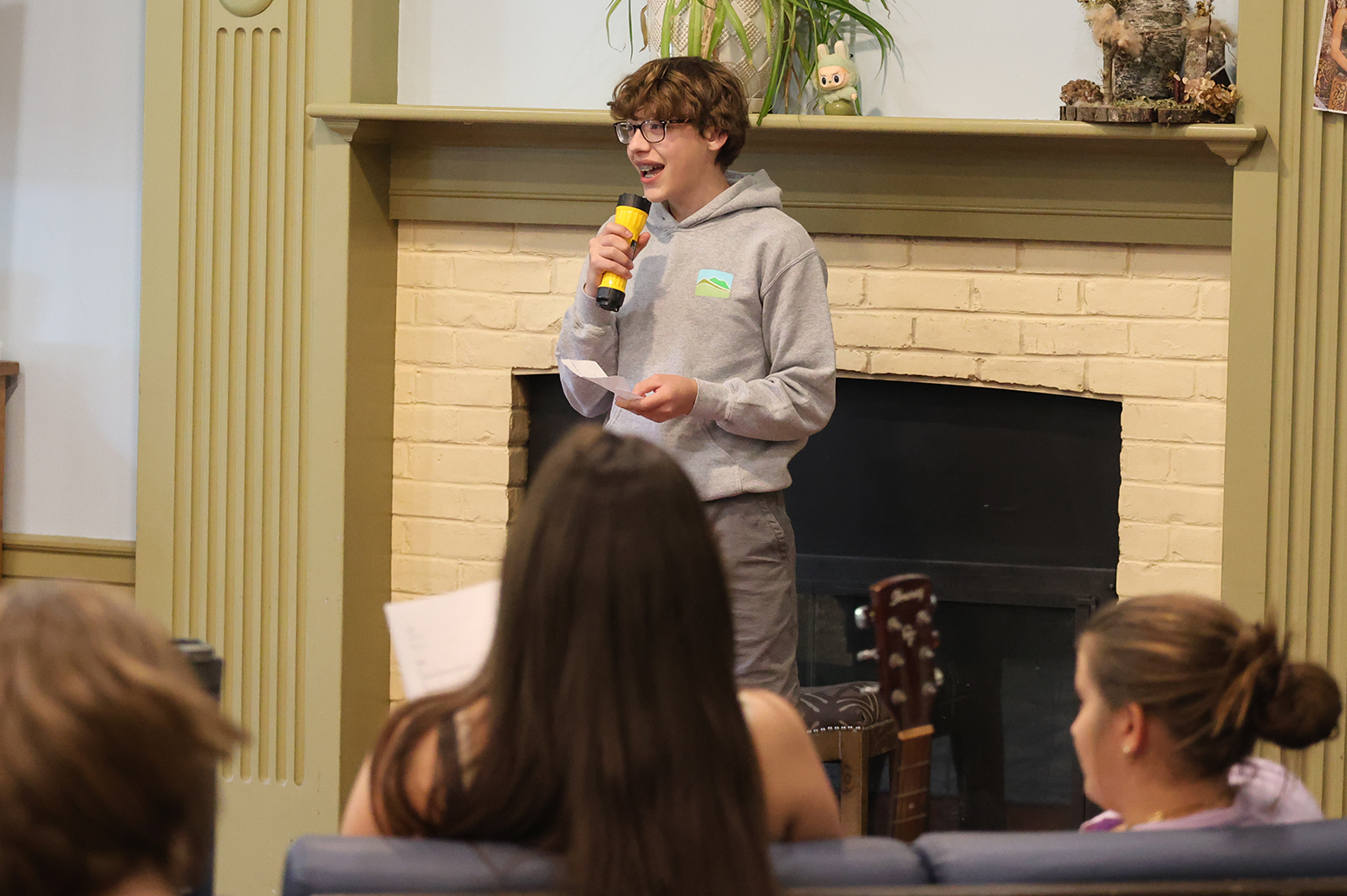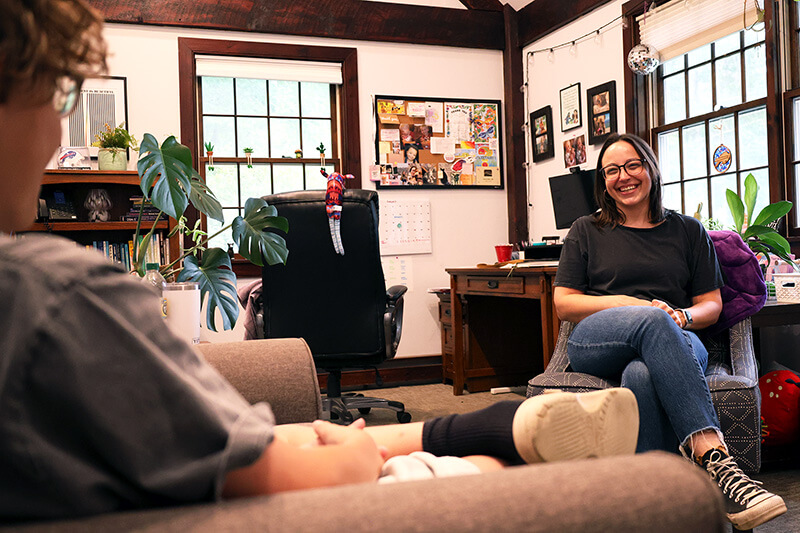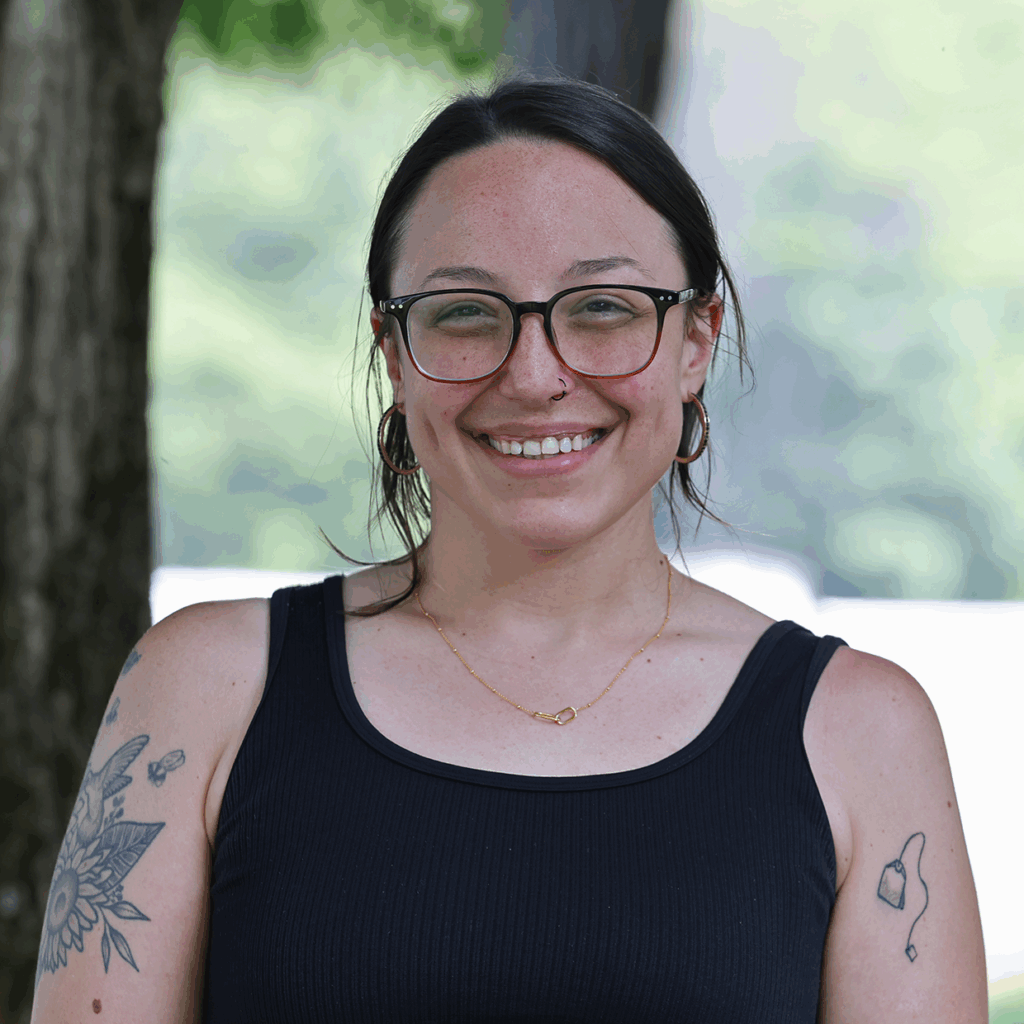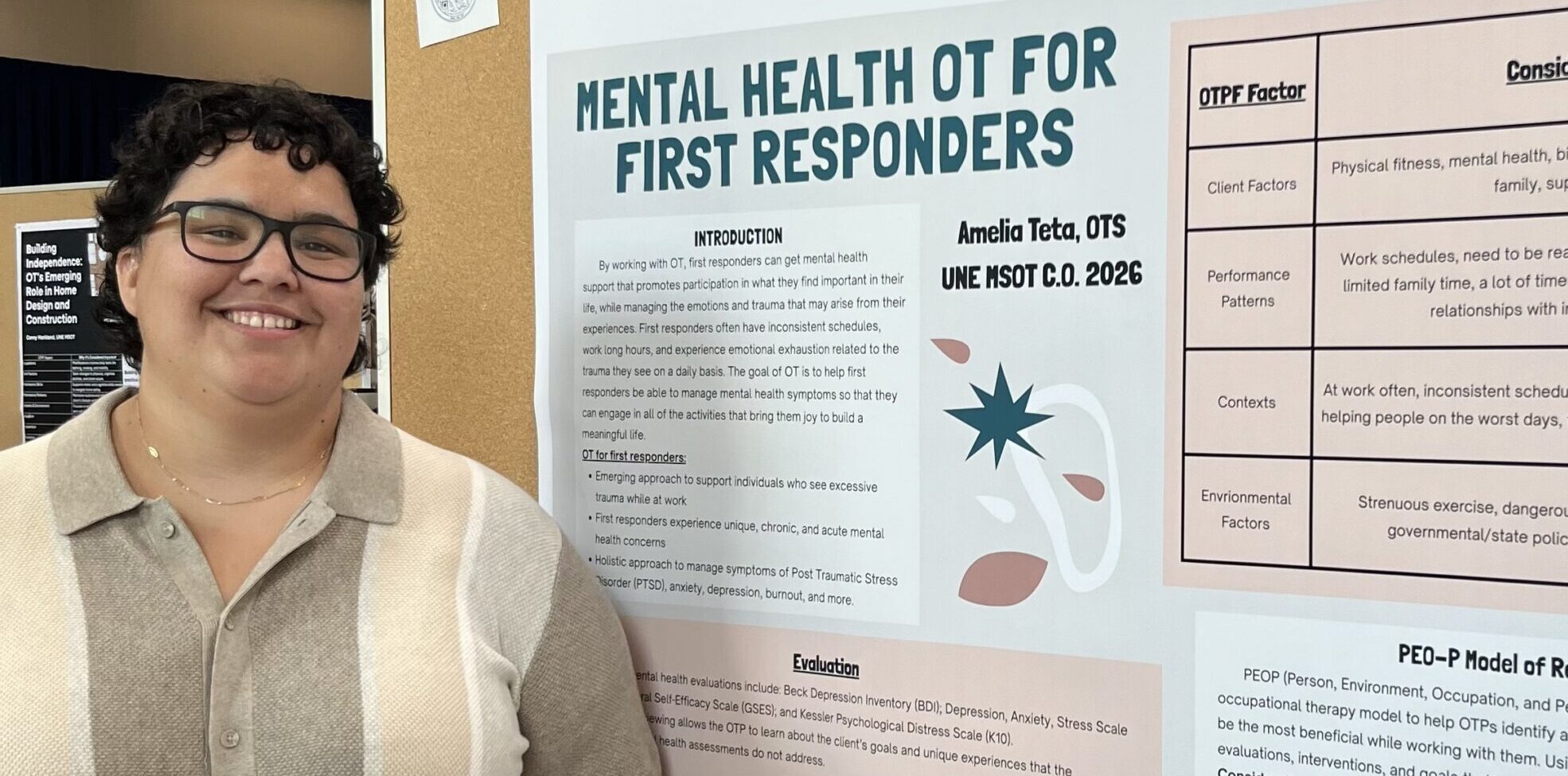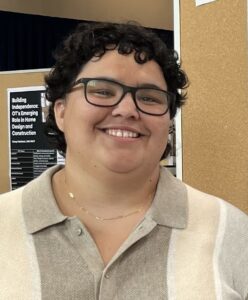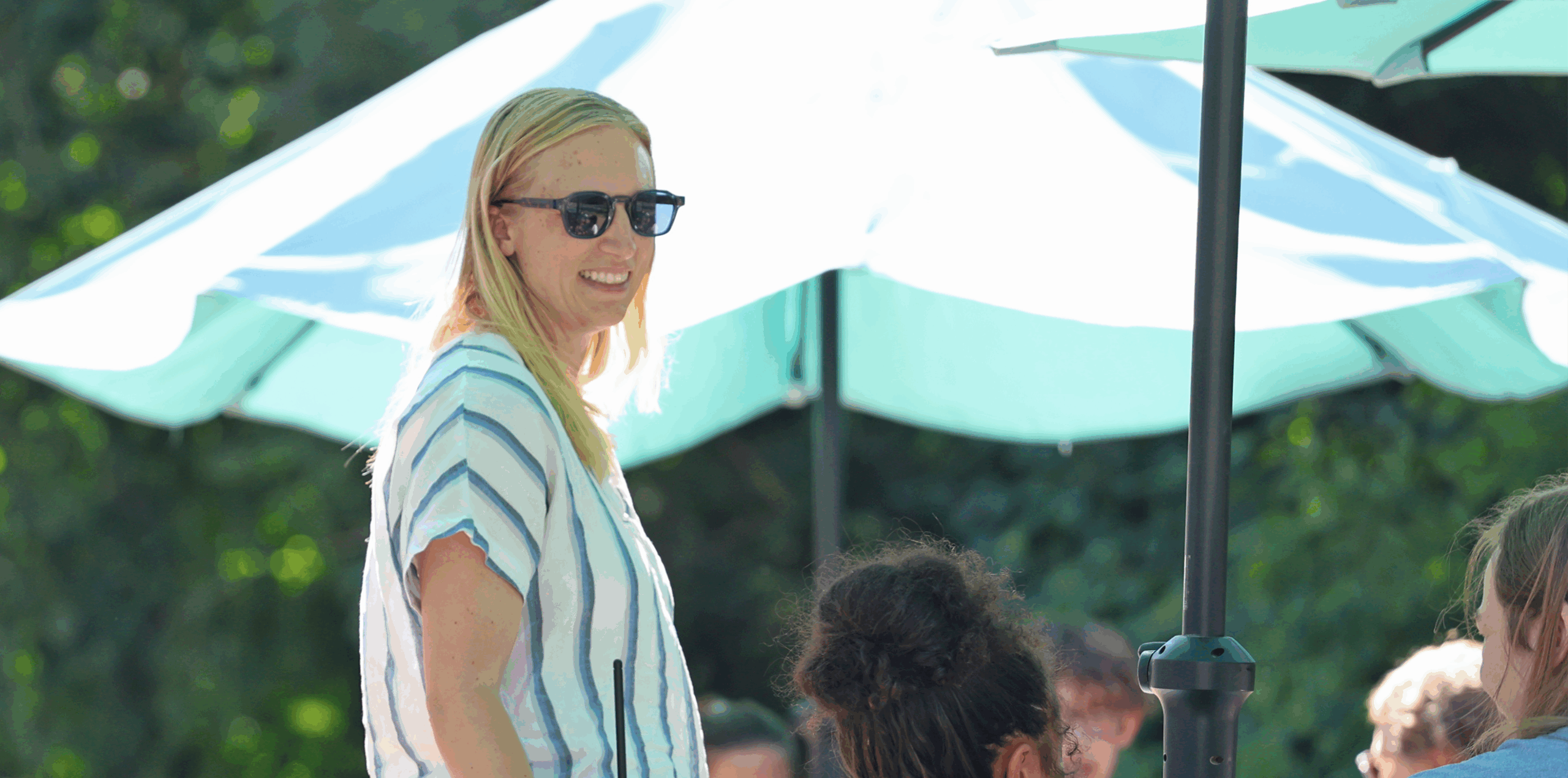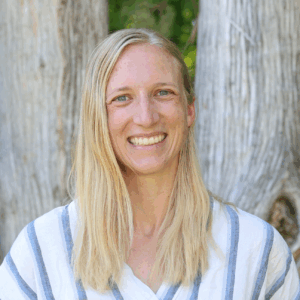Turning Anxiety into Mindful Work
Long Island, New York and Vermont could practically be on different planets. For Antoinette Moody, the switch from the non-stop action of the city to the calm of the country was exactly what she wanted. Mountain Valley’s senior clinician is used to intensity—she previously worked in a prison and community mental health—and she finds her current work to be the most rewarding.
Tell us about your background?
“I am originally from Long Island, and growing up there was a lot, it was kind of a pressure cooker. It was a pressure cooker because there were so many kids, I graduated with like 1,200 in my class. You had to be the best at something to be acknowledged. And you definitely don’t know everyone, you’re going to school with strangers.
As I got older, I realized I really didn’t like the city life anymore, so I went to Castleton State College in Vermont for undergrad. I did my master’s degree back in the city at Adelphi University, but I left again for Vermont in 2011 and have been here ever since.
I like the slower pace of things, though at first to be honest, it really annoyed me. I thought people were too slow, but I like the mindfulness of it all, and it causes me less anxiety. I was always interested in raising a family where it was homier feeling.”
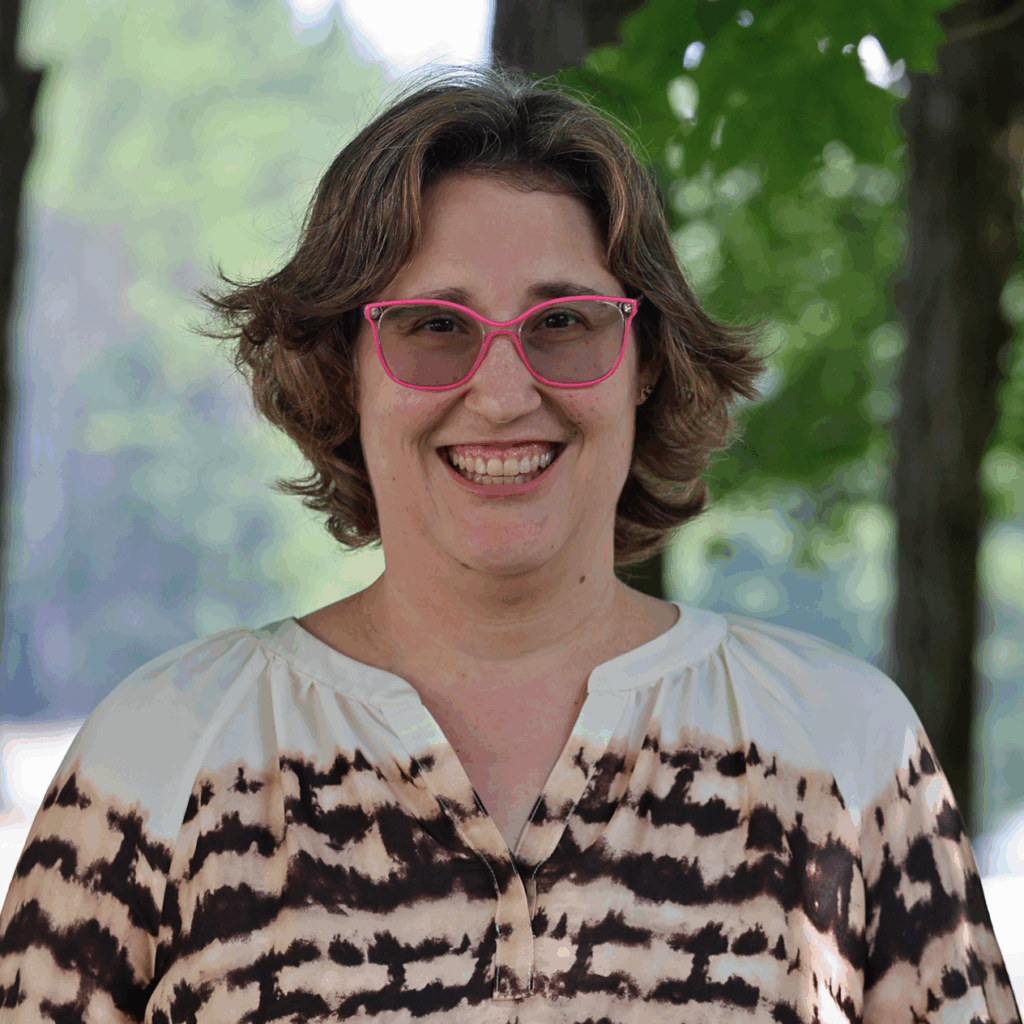
What made you interested in becoming a therapist?
“I certainly was a very anxious kid—I was always worried about change and what we were doing. When things were moving so fast it felt unmanageable. My dad also died when I was a teen and that early trauma caused me to want to be a therapist and support others in similar situations.
I wanted to understand what made people do the things that they did. Today I understand that it’s nature and nurture, some people are born wired up a little differently. You throw on some trauma and invalidation, and it can make a neurotic individual.”
Where did you work before you came to MV and how did it prepare you for the work you do today?
“Right out of grad school I took a job working in a prison with sex offenders. That was something else. We did a lot of Cognitive Behavioral Therapy to try and help people not re-offend, and I worked with people who had moderate risk. I did enjoy the work, but I didn’t like working in a prison.
After that I worked in community mental health for about seven years. I was the team leader for the therapy team. We worked with people with borderline personality disorder and trauma, and I personally managed a lot of clients. That job got to be a lot, so I moved to Dartmouth Health and worked in the inpatient psych unit as a therapist before taking the job at Mountain Valley.
I learned a lot, especially about dialectics. In community mental health I primarily used Dialectical Behavior Therapy, and it gave me a good foundation. I love a good coping skill. My work spanned people who had hurt others to the people who were really hurt. But it was hard to work with severe and persistent mental illness and not see clients get better.
I wanted to make an earlier impact and that’s what drove me to Mountain Valley. I thought it would be interesting to work with adolescents while the brain is still developing. Could therapy make a difference? In fact, we do make a significant different, so that’s amazing.”
How do you feel about your current work at MV?
“This is the most rewarding job I’ve had and it’s also the hardest. The hardest part is that OCD at face value doesn’t make any sense, but it’s so debilitating. It’s hard to see young and vibrant people be so eaten up from their OCD. Our work is to try and unhook them from what’s keeping them safe, and we have to go very slowly. It’s very emotional.
The most rewarding part is making an impact on someone’s life early enough, then getting to see them live a beautiful life. Some of my clients still stay in touch with me and it’s incredible to get their updates.”
Do you have any examples of particularly rewarding work with residents?
“When I first started at Mountain Valley, I worked with a young woman with social anxiety and OCD. She would lie as a compulsion because she had a fear of being judged. If she never showed her true self and lied, then everyone judging her wouldn’t be judging her true self. During one session, she told me some of the lies she engaged in, and I remember she was so ashamed and down on herself about it. I wasn’t judging her at all though—I thought it made sense, and I felt it so deeply.
After that session she started to do the exposure work of being her true self in the community. She was able to play violin at her graduation as a last exposure. Up to that point she hadn’t played because she was afraid of people’s judgment. There’s something powerful about someone telling you, ‘I’ve never been my true self,’ and then you get to see the side that no one else has seen. It’s incredibly rewarding.”
You’re also a parent now, what is that like?
“It’s the hardest thing I’ve ever done—look at me doing exposures! I try to practice what I preach in all my years of working as a therapist. Now that I’m a mom, there’s no choice. I have to sit in that chronic uncertainty, and I try to remember the coaching I do with my clients.
It’s also kind of cool because it’s helped me tap into slowing down even more. There’s such a mindfulness. I know I’m only going to have one child, and I don’t want to miss a thing. I like being able to see the world through my son’s eyes. When I was growing up, I didn’t get to be a child for very long, and now I’m able to have that experience again”




